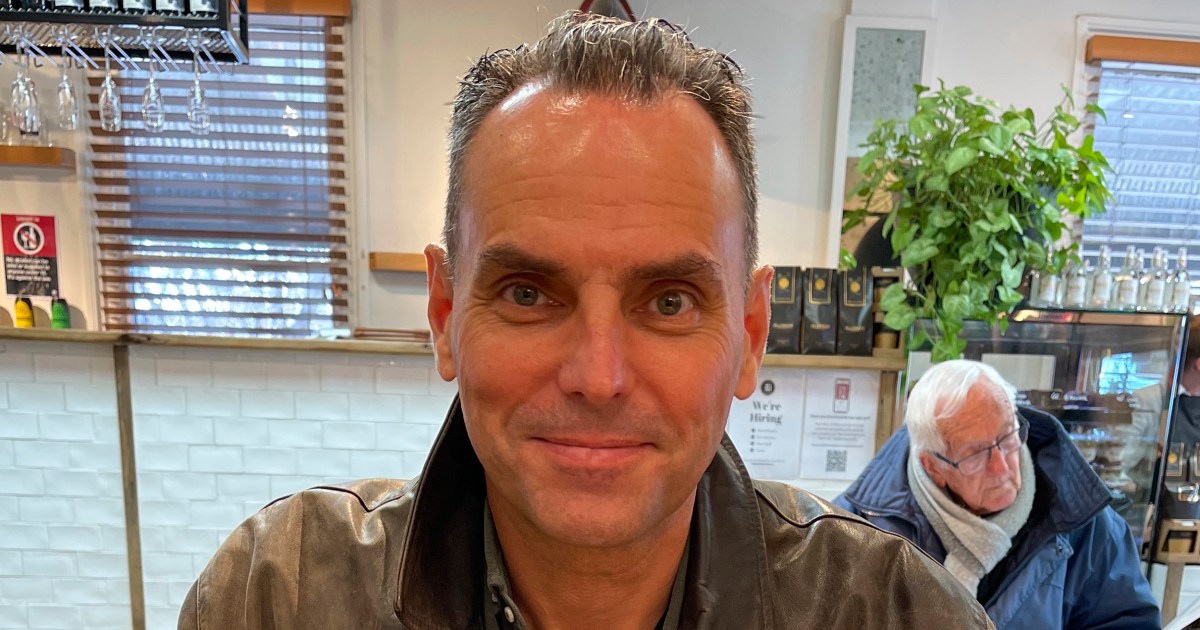Gambling
Study: iGaming Disproportionately Impacts Low-Income People

Posted on: July 25, 2024, 03:48h.
Last updated on: July 24, 2024, 04:50h.
A new study from the University of California San Diego’s Rady School of Management finds a correlation between irresponsible gambling and lower-income consumers in states where certain forms of online gambling are legal.

UC San Diego researchers studied five years of data for over 700K gamblers from 32 states. They compared 18 states that changed their online gambling laws to 14 states that did not during that period and found that the expansion of gambling to the internet disproportionately affected lower-income households.
Our data show that online gambling legalization leads to more irresponsible gambling spending among lower-income consumers than among higher-income gamblers,” said Kenneth Wilbur, professor of marketing and analytics at the Rady School and co-author of the study.
Wilbur said irresponsible gambling was defined as spending a high proportion of one’s income. Someone risking 10% or more of their take-home pay, for example, would meet the classification.
Benefits Come With Risks
There are currently 30 states with regulated online sportsbooks available for consumers of gambling age who are physically located within their borders. Seven of those states additionally permit iGaming, or online slot machines and table games.
Online sports betting and internet casinos have created new tax streams for state governments, though iGaming is a much more robust tax generator compared to the small-margin business of sports betting. The added tax money from both verticals comes with societal costs, Wilbur’s team found.
Wilbur said of the 700K online gamblers studied through player reports anonymized by operators, 96% lost money.
“Only 4% made money from online betting,” Wilbur explained. “That is by design. Online gambling platforms often ban or throttle frequent winners’ accounts. There is no right to gamble.”
While many state lawmakers claim it’s wealthier players who create the bulk of the iGaming and online sportsbook revenue, as they bet and lose more, Wilbur’s researchers deduced that lower-income players tend to bet more when they lose, a practice known as chasing losses. Avoiding the temptation to chase losses is a pillar of responsible gambling.
Our analysis shows that online gambling legalization leads to far more problematic gambling among lower-income gamblers than among higher-income gamblers,” Wilbur reported. “These findings emphasize the high financial risk associated with online gambling.”
In nearly every US sports betting state and jurisdiction that has authorized online casino games, handle, or the amount bet, increased each year during the five years studied.
Casino Caution
Wilbur said the goal of the study was to conduct an analysis that would be useful for state lawmakers considering online gambling bills. He said that a paramount concern should be that while iGaming and online sports betting unquestionably increases tax revenue, those who experience the most gambling problems are likely to be the smaller-scale, lower-income gamblers.”
Wilbur concedes that, along with tax revenue, another benefit of online gaming authorization is that it makes reducing illegal gambling potentially easier for law enforcement. Regulated gambling is additionally frequently said to hurt underground gambling operations, or as it applies to iGaming, offshore gaming websites.
The late Sheldon Adelson of the Las Vegas Sands empire, the world’s richest casino magnate at the time of his January 2021 death, famously said in 2013 that online gambling is “fool’s gold” and that states shouldn’t allow someone to “click your mouse and lose your house.”










